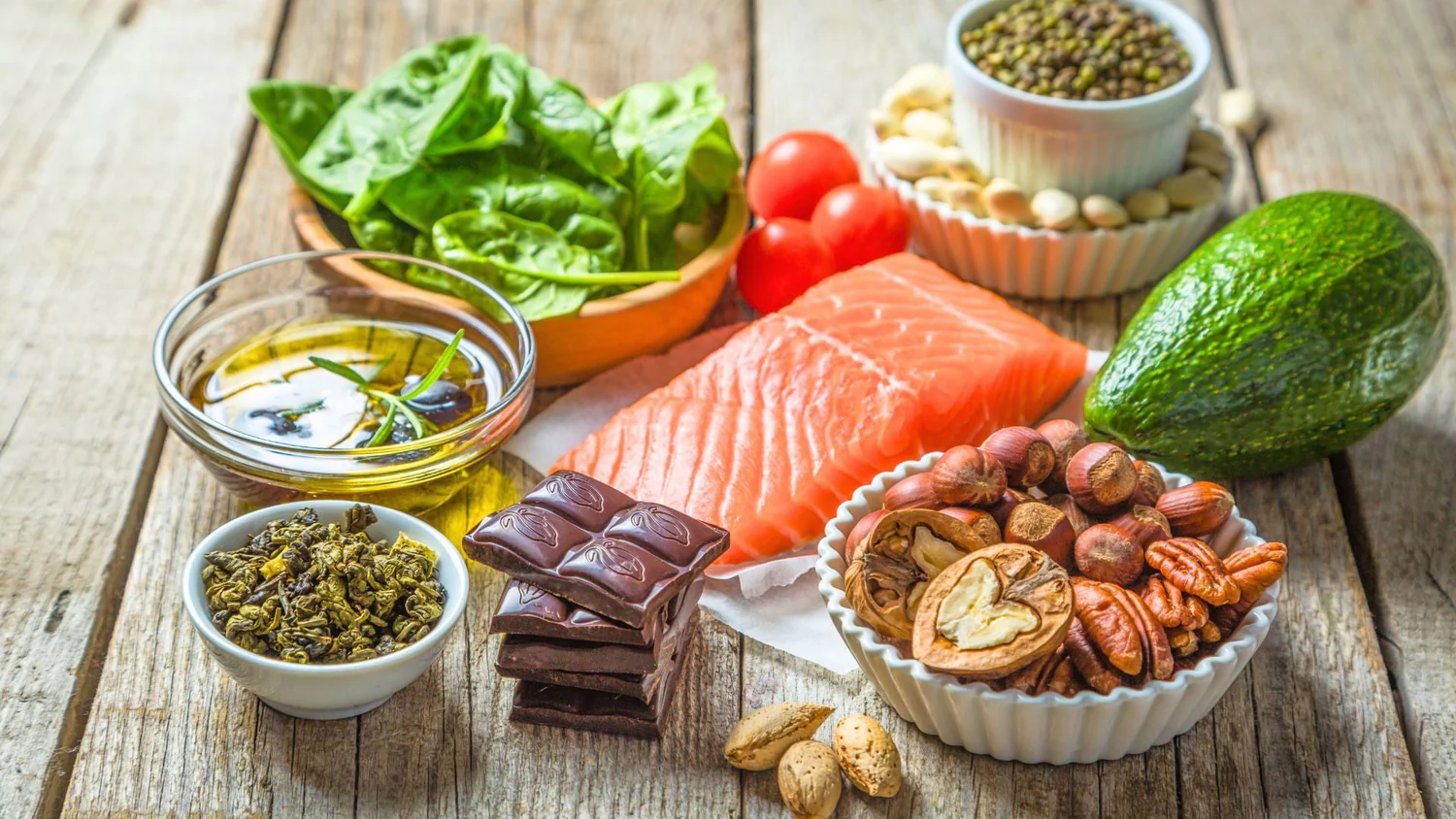- 0086-571-85302990
- sales@greenskybio.com
The Science of Collagen: The True Fountain of Youth
2025-09-13

Imagine yourself standing before a mirror, gently tugging at the delicate skin below your eyes and questioning when your youthful glow began to diminish. Was it during those endless nights in college, or did it sneak away quietly, like a thief in the night, stealing the youthful plumpness you once took for granted? Today, beauty bloggers, dermatologists, and wellness influencers are all advocating for collagen supplements, promising firmer skin, thicker hair, and resilient nails. But is this simply another passing trend, or does science support the claims?
Collagen is more than just hype; it's a biological powerhouse that recent research suggests might be crucial in combating the signs of aging. Unlike temporary remedies such as miracle creams or invasive procedures, collagen works from the inside out, replenishing what time and stress have eroded. Interestingly, its benefits extend beyond cosmetic appearance, impacting gut health and muscle recovery, and changing how we view longevity.
Consider these essential insights:
1. Collagen, forming 75% of skin’s dry weight, acts as the foundation of youth, with its decline beginning as early as the mid-20s.
2. Hydrolyzed collagen peptides are transformative, breaking down into easily absorbable forms and triggering skin repair at a cellular level.
3. The advantages are far-reaching, bolstering hair, nails, gut lining, and even heart and muscle health.
4. Not all supplements are equal—it's crucial to search for hydrolyzed peptides and supplementary elements like vitamin C and hyaluronic acid.
5. Science supports these claims, with studies highlighting notable improvements in skin elasticity and hydration within merely 12 weeks.
Decades ago, in the 1970s, collagen was largely associated with wound healing. Physicians marveled at its ability to mend torn skin seamlessly. Today, collagen is revered in the wellness community—not just for wound healing, but for reversing the gradual breakdown of skin structure.
By age 25, your body’s collagen production slows by approximately 1% annually. By 40, that decline accelerates, and by 60, you've lost nearly half of your original collagen. The outcome? Skin that loses its elasticity, fine lines deepening with each facial expression, and a dullness no amount of highlighter can completely hide.
A 2021 meta-analysis published in Cures scrutinized 14 studies involving nearly 1,000 subjects, revealing something remarkable: 12 weeks of hydrolyzed collagen supplementation resulted in consistent enhancements in skin elasticity and moisture. This is not merely a small improvement but a significant reversal of the very processes that age and tire the skin.
Here's the mechanism: Ingesting hydrolyzed collagen breaks it down into dipeptides and tripeptides—tiny protein fragments that seamlessly enter your bloodstream. They stimulate fibroblasts, the cells vital for producing collagen and elastin, essentially supplying the materials needed to rebuild lost components.
Moreover, hydration diminishes with age due to a weakened skin barrier and a reduction in essential moisture-locking compounds like ceramides and hyaluronic acid. Collagen peptides help restore this barrier, trapping water within your skin. Often, young adults mistake dehydration for wrinkles when in reality, their skin is simply parched.
Collagen isn’t just vanity; it’s a fundamental structure for the body. It exists in tendons, gut lining, blood vessels, and even the whites of the eyes. Collagen supplementation supports not only a radiant complexion but reinforces the body’s framework.
For hair and nails: Collagen strengthens hair follicles. Research in the Journal of Investigative Dermatology revealed women taking collagen peptides experienced faster nail growth and a significant reduction in breakage—a structural win.
For gut health: Collagen aids in repairing a compromised gut lining, addressing issues like leaky gut syndrome and digestive distress, thanks to amino acids such as glycine and proline in hydrolyzed peptides.
For heart and muscles: Proline helps maintain blood vessel integrity, reducing cardiovascular strain, while glycine supports tissue regeneration beneficial for athletes.
For weight management: Collagen, a bioavailable protein source, aids with satiety, doesn’t spike insulin, and helps regulate metabolism—potentially a crucial component for weight loss.
When choosing a collagen supplement, the key is hydrolysis, breaking down collagen into absorbable peptides. Without this, whole collagen molecules remain largely unuseable by the digestive system. Opt for supplements labeled “hydrolyzed collagen peptides.”
In addition, pairing collagen with synergistic ingredients boosts its efficacy:
- Vitamin C for collagen synthesis
- Hyaluronic acid for moisture retention
- Ceramides to repair skin barrier
- Biotin for hair and nail strengthening
- Omega-3s to reduce inflammation
Avoid flavored versions with added sugars, relying instead on unflavored hydrolyzed collagen, easily mixed into beverages.
Collagen isn’t a quick fix, but a long-term investment in overall resilience. Unlike cosmetic interventions, collagen restores what’s been lost at a cellular level. Scientific studies testify to real improvements in skin quality, nail strength, and even joint comfort.
- ▶ Hesperidin
- ▶ Citrus Bioflavonoids
- ▶ Plant Extract
- ▶ lycopene
- ▶ Diosmin
- ▶ Grape seed extract
- ▶ Sea buckthorn Juice Powder
- ▶ Fruit Juice Powder
- ▶ Hops Extract
- ▶ Artichoke Extract
- ▶ Mushroom extract
- ▶ Astaxanthin
- ▶ Green Tea Extract
- ▶ Curcumin
- ▶ Horse Chestnut Extract
- ▶ Other Product
- ▶ Boswellia Serrata Extract
- ▶ Resveratrol
- ▶ Marigold Extract
- ▶ Grape Leaf Extract
- ▶ New Product
- ▶ Aminolevulinic acid
- ▶ Cranberry Extract
- ▶ Red Yeast Rice
- ▶ Red Wine Extract
-
Passionflower Extract
2025-09-13
-
Milk Thistle Extract
2025-09-13
-
Polygonum Cuspidatum Extract
2025-09-13
-
Panax Ginseng Leaf Extract
2025-09-13
-
Sophora Japonica Flower Extract
2025-09-13
-
Chaste Berry Extract
2025-09-13
-
Fig Extract
2025-09-13
-
Red Date Extract
2025-09-13
-
Phyllanthus Emblica Extract
2025-09-13
-
Curcuma Longa Extract
2025-09-13





















